View Larger Map
How we can help
-
Ketamine Therapy
Precision ketamine dosing for better + long-lasting results

-
Medical Aesthetics
For a younger, healthier, more vibrant look

How we can help
Precision ketamine dosing for better + long-lasting results
For a younger, healthier, more vibrant life
Conditions We Help

Depression & Anxiety
Ketamine therapy offers an innovative approach to managing depression, addressing challenges like treatment resistance and delayed efficacy often seen with traditional SSRIs. Our personalized protocols help patients overcome negative thoughts and behaviors, providing a path to a brighter future.

Bipolar Disorder
Ketamine therapy offers hope for individuals with
treatment-resistant bipolar disorder, providing
antidepressant and anti-suicidal effects by promoting
synaptogenesis and neural plasticity. This process
enhances communication between neurons, aiding emotional
regulation and restoring brain function.
Contact
coastal ketamine and aesthetics to learn more.

Post-Traumatic Stress Disorder
Ketamine therapy offers rapid relief for PTSD symptoms by stimulating glutamate production, which helps regulate stress responses and memory formation. This outpatient treatment is closely supervised by a licensed medical professional, providing a safe and effective path toward recovery from trauma.

Alcoholism
Ketamine therapy offers support for individuals battling alcoholism by helping to reduce emotional instability and mood symptoms that accompany cravings. With over 30 years of use in addiction treatment, ketamine aids in maintaining sobriety and fostering positive changes for a healthier, addiction-free life.
View Larger Map
Get In Touch
Phone Number:
(843) 324-6726
Address
1948 Long Grove Dr #2
Mt.
Pleasant, SC
Email: coastalketaminechs@gmail.com

Address
1948 Long Grove Dr #2
Mt. Pleasant, SC 29464
Contact
843.324.6726 coastalketaminechs@gmail.com
Follow Us
MADE WITH ♥ BY LATINMADE
Get In Touch
Phone Number:
843.324.6726
Address
1948 Long Grove Dr #2Mt Pleasant, SC
Email:
coastalketaminechs@gmail.com




